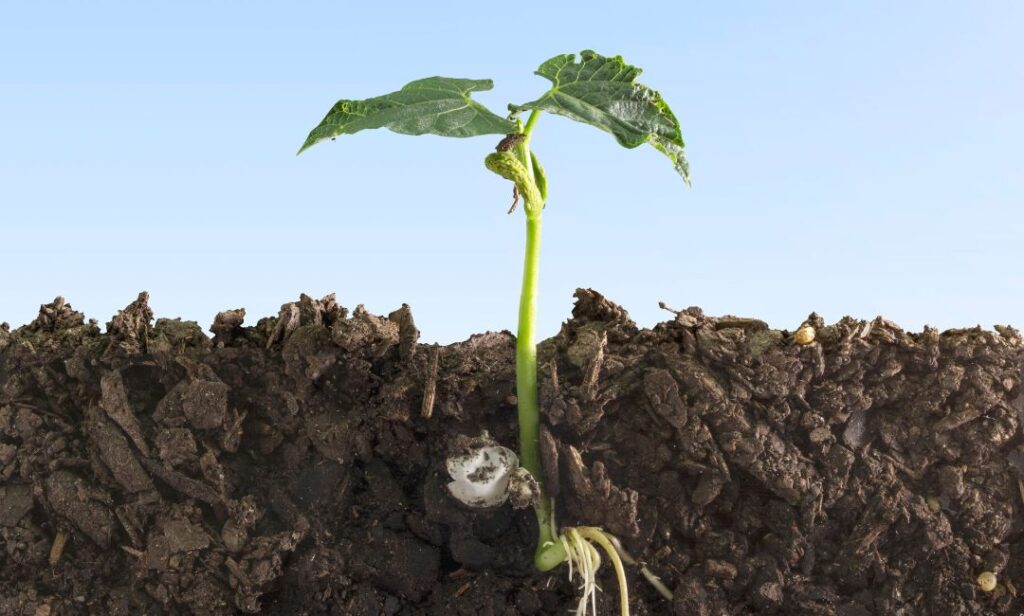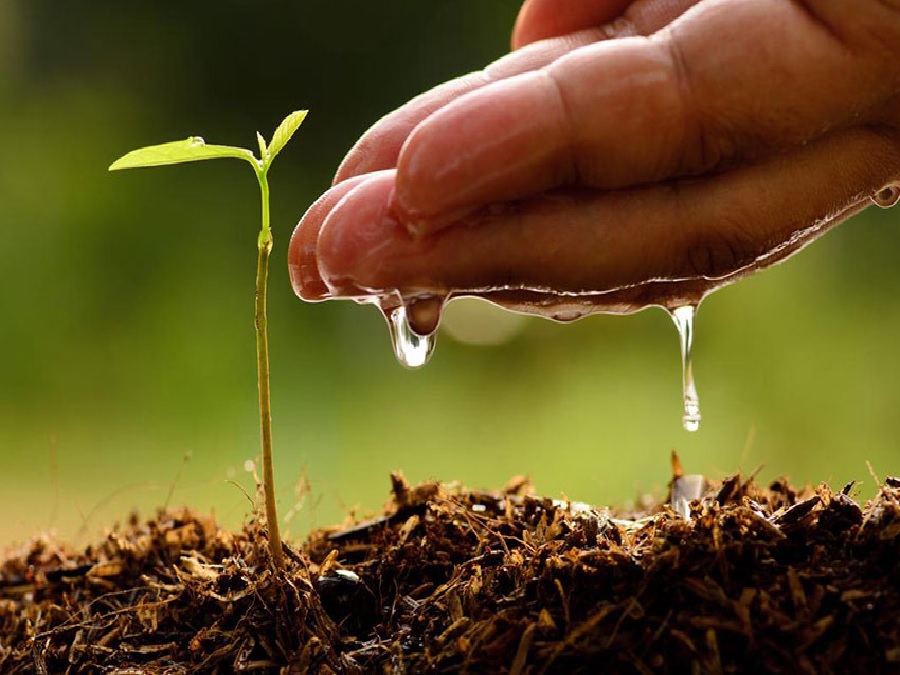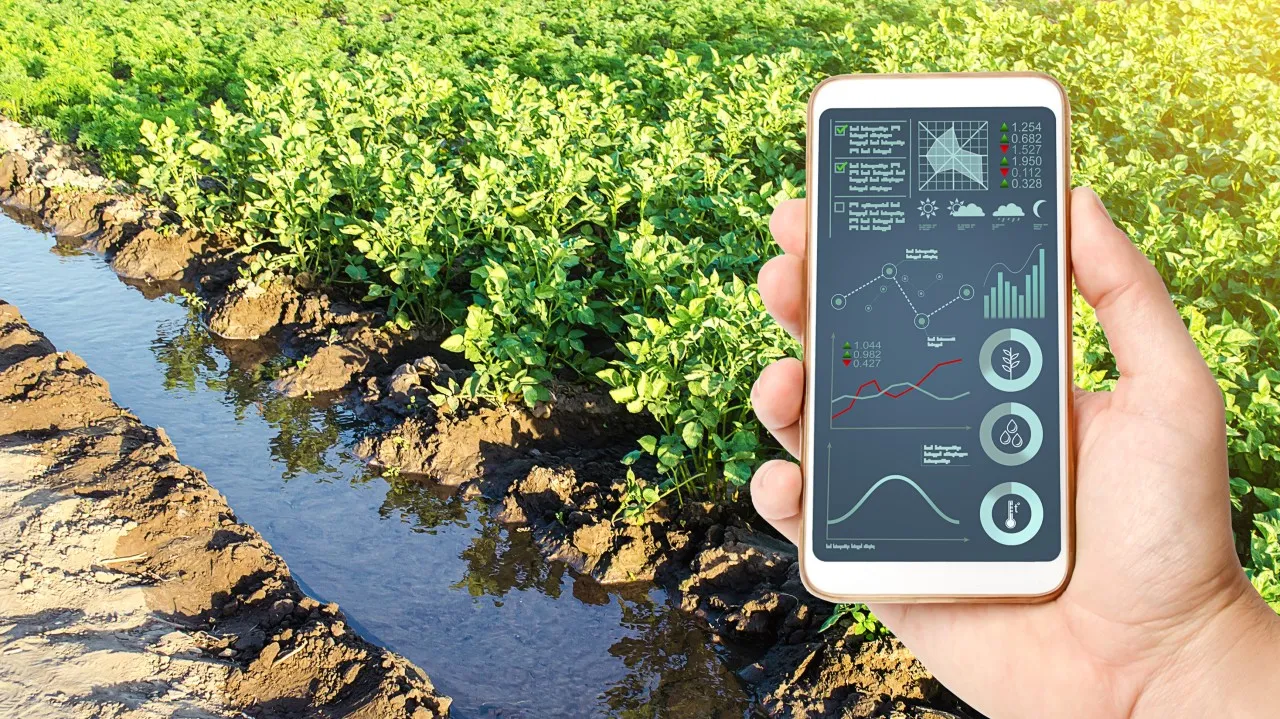You know it as India's "Bread Basket." For ages, its rich fields have fed our whole country. But all that farming, day after day, year after year... it's made the soil tired. Just imagine working nonstop, without a break. Over time, the soil just loses its key nutrients. Then, it's super tough for crops to grow strong. But the new technologies developed by educational and research institutes are changing the scenario.
But things are changing. Punjab's on to something new. Call it "Green Revolution 2.0." This time, it's not just about growing more food. It's about getting the very soil truly healthy again. And guess what? Smart technology is leading the whole show.
Why Healthy Soil is a Big Deal?

Soil. It's the absolute base for all our food. If that base isn't strong, everything else suffers. So, healthy soil means strong plants. Unhealthy soil? Well, our food might not be as good as it should be. Simple as that.
For a long time, Punjab farmers mostly stuck to old methods. They'd often use tons of fertilizers and water. Sometimes, way more than the fields actually needed. This caused real problems. The soil became less fertile. And the underground water started disappearing.
Studies, like those from Punjab Agricultural University (PAU), show this. A big chunk of Punjab's soil is low on vital plant food. That's a huge worry. It directly affects how much food our farms can produce. Think about it.
New Eyes on the Farm: Smart Sensors
Here’s a really impressive new thing: smart sensors. Imagine tiny gadgets. You just pop them into the soil. They constantly check its condition. Like a doctor taking your pulse.These sensors measure so many things:
- Water in the soil: How much moisture is there? This tells farmers exactly when to water. It saves tons of precious water.
- Plant food levels: Enough nitrogen? Phosphorus? Potassium? These are like meals for plants. If sensors show a gap, farmers know which fertilizer to add. And just how much. No waste. Better for nature too.
- Soil's "taste": We call this pH. It shows if the soil is too sour or too sweet. Getting this right helps plants soak up nutrients properly. It's crucial.
Companies like AdrTech India are making these sensors. They connect to the internet. Info flies straight to a farmer's phone. Or their computer. Farmers can literally see their fields even when they're miles away. It's amazing.
Flying High for Better Farms: Drones
Drones. They're not just toys anymore. In Punjab, they're turning into powerful farm tools. Picture a small flying machine. It zooms over fields. These drones don't just snap pictures. They carry special cameras and sensors.
- Checking soil health: Drones quickly scan huge areas. They find spots where plants aren't growing well. Those specific spots might need unique care. Or more nutrients.
- Smart spraying: Drones can spray only the areas that need pesticides or fertilizers. Not the whole field! This saves chemicals. Cuts costs. And it's much kinder to the environment.
- Fast and easy: A drone can spray a field in minutes. Doing it by hand could take an entire day. This saves so much time. And hard work. Especially on bigger farms.
Recent news, like reports from the Times of India, shows many Punjab farmers are super excited about drones. The Indian Farmers Fertiliser Cooperative (IFFCO) even helps women's groups get drones. They actually train them to fly. These new pilots can then offer spraying services to other farmers. This really helps farming. Plus, it creates brand new jobs in villages.
Making Sense of Information: Data and Decisions
All those details from sensors and drones are called "data." This data is like a secret map for farmers. But to understand it, you need smart systems. That's where data analysis steps in. Computers look at all the data. They find patterns. Then, they suggest the best moves for farmers to make.
For instance, a system might check soil moisture, weather forecasts, and the crop type. It can then tell a farmer the exact day and time to water. For the best results, you see. Companies like cultYvate are already giving smart watering advice in Punjab. This helps farmers save water. And get this: they can even earn special credits for being eco-friendly.
Working Together: PAU and BITS Pilani
Here’s a huge step for Punjab soil health: a new team-up! It’s between Punjab Agricultural University (PAU) and BITS Pilani. This is fantastic news for farmers. It brings together PAU's deep wisdom about farming. And BITS Pilani's cutting-edge tech smarts.
So, what does this partnership mean for our soil?
- Shared research: Scientists and engineers from both places will work side-by-side. They'll search for new ways to check soil. They'll build better sensors. And smarter farm tools.
- Precise farming: They'll focus on "precision agriculture." This means using technology to manage farms with incredible accuracy. They’ll use data. To decide exactly how much water, fertilizer, or pest spray a tiny part of a field needs.
- Internet of Things (IoT) and smart thinking: They will use IoT. That's where everyday objects connect to the internet. This gets even more soil data. Then, they'll use advanced data analysis. And even Artificial Intelligence (AI). To understand it all. And give truly helpful advice to farmers.
- Learning: This partnership will also help teach students. And farmers about these new technologies. It’ll make sure more people know how to use them well.
Dr. Satbir Singh Gosal, PAU's head, said this link-up mixes science with real farm challenges. He believes it'll bring high-tech tools like AI, drones, and advanced sensors right to Punjab's farms. Professor Sudhir Kumar Barai, Director of BITS Pilani (Pilani Campus), also said this partnership uses engineering and computer skills. To make farming better. And help villages grow.
Government Helps: Soil Health Cards

The government's been doing its part for soil health too. They have a program called the Soil Health Card (SHC) scheme. This plan gives every farmer a report card for their soil. It tells them its health status. And suggests what nutrients are needed for different crops. Markfed Punjab runs special labs to test soil for farmers. It’s been a bit tough to get everyone to use these cards. But the main idea? Give farmers crucial information about their soil.
The Future: Healthier Fields Ahead
The journey to perfect soil health in Punjab is still happening. It's ongoing. Challenges? Sure, there are some. New technologies need to be affordable for all farmers. Plus, everyone needs to learn how to use them. A study on soil sampling in Punjab, mentioned on ResearchGate, showed farmers know about testing soil. But not all know the best ways to do it. So, more teaching and support are still needed.
But with universities, tech companies, and the government all working together. And with farmers eager to try new things. The future really looks bright. By carefully checking soil health and using smart tools, Punjab can keep producing tons of food. It can also protect its most important resource—its soil—for many, many years to come. This new wave of technology isn't just about growing more food. It's about growing it wisely. This means a strong future for Punjab's farmers. And for all of us who eat the food they grow. That's what it's all about.













